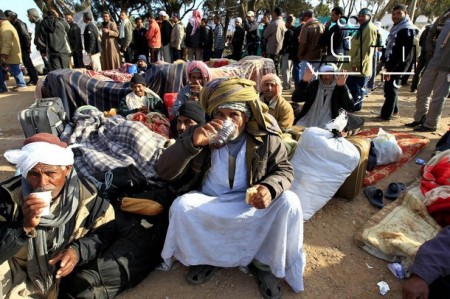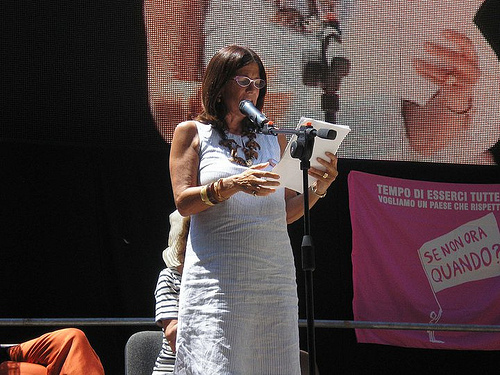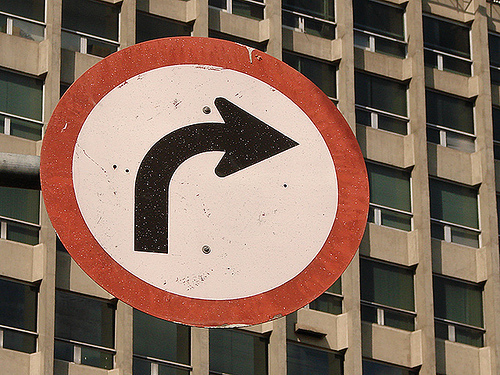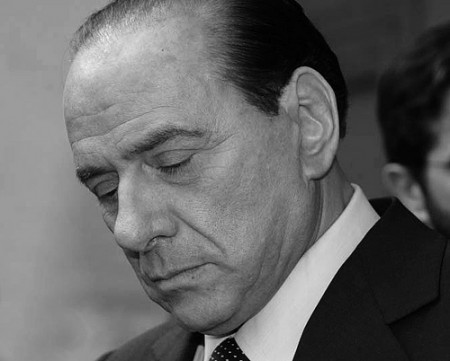
Editor’s note: This article was originally published by E-IR on 30 March 2014.
Bilateral Agreements between Italy and Libya: Security without Human Rights
Not much has been said about the Ministerial Conference held in Rome on the 6th of March 2014, where foreign ministers, high-level delegations from Libya, and representatives from international organisations gathered to discuss the current situation of Libya. At the forefront of the conference were the economic ties between Libya and its partners, the disarmament of paramilitary groups necessary to defend those ties, the patrolling of borders, and the subsequent issue of illegal migration. These last two points come as no surprise, given that Libya is among the signatories of the UN Convention against Transnational Organized Crime (CTOC) protocol to prevent human trafficking. Yet not even a word was spent on the life-straining conditions of Libyan migrants who – despite coming from countries such as Syria, Eritrea, Somalia, Togo, and Mali – are not regarded as potential asylum-seekers, but rather considered “illegal” and “unwanted” people, as they were under the Gaddafi regime.




